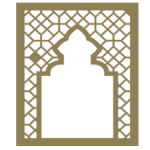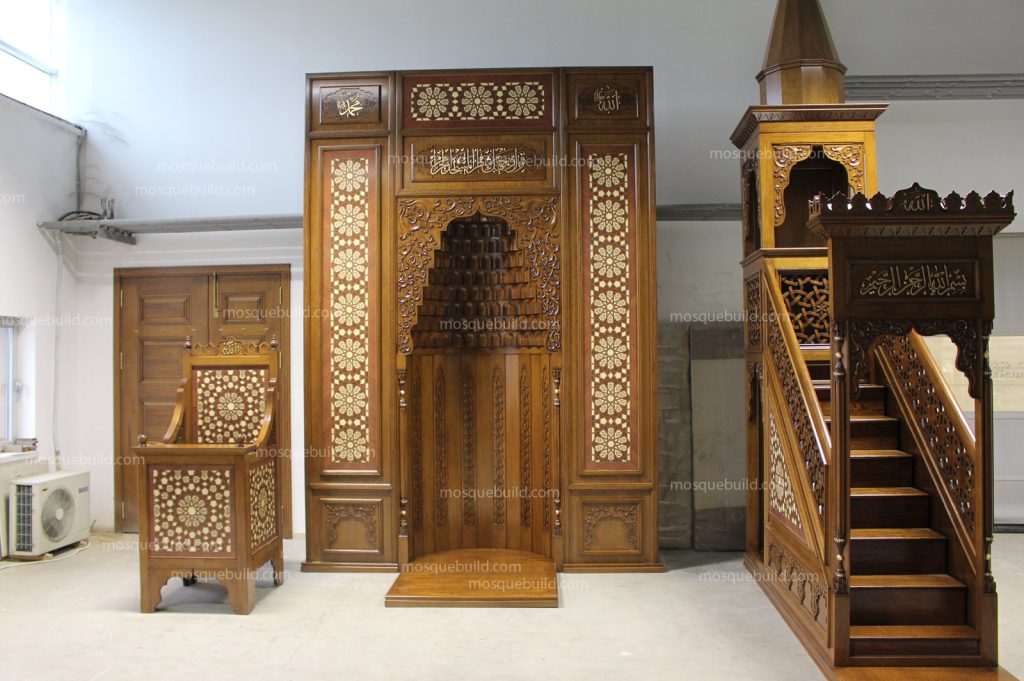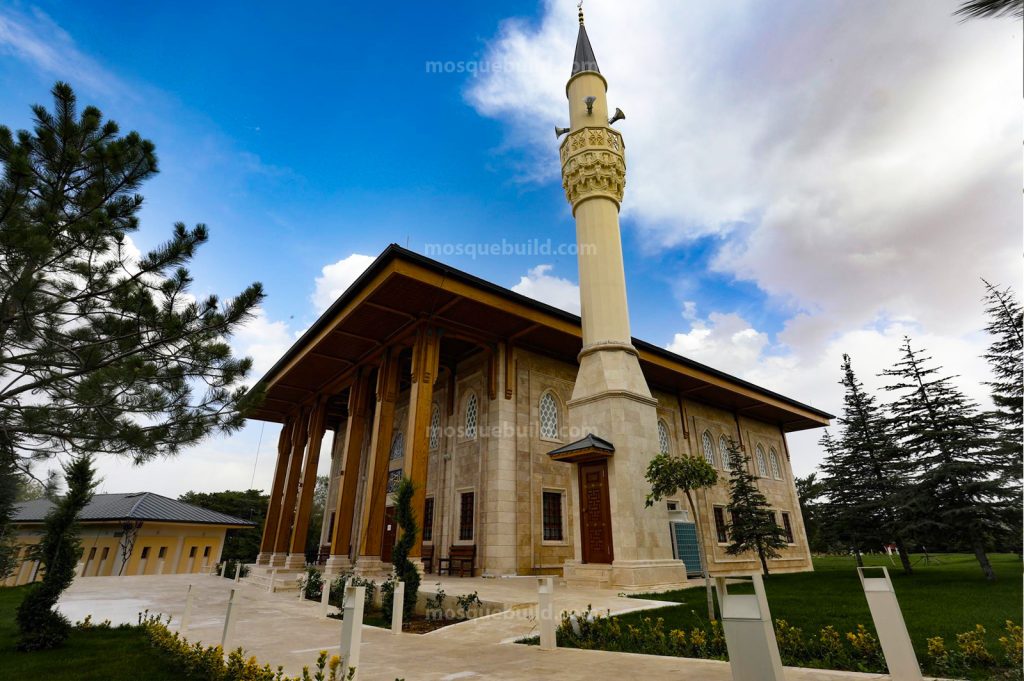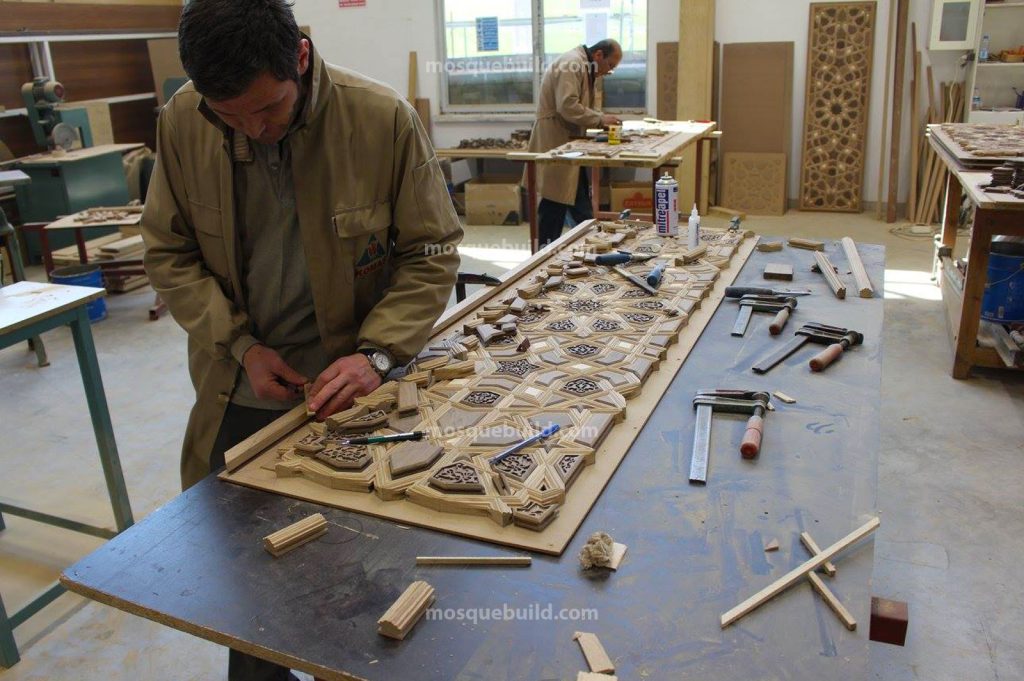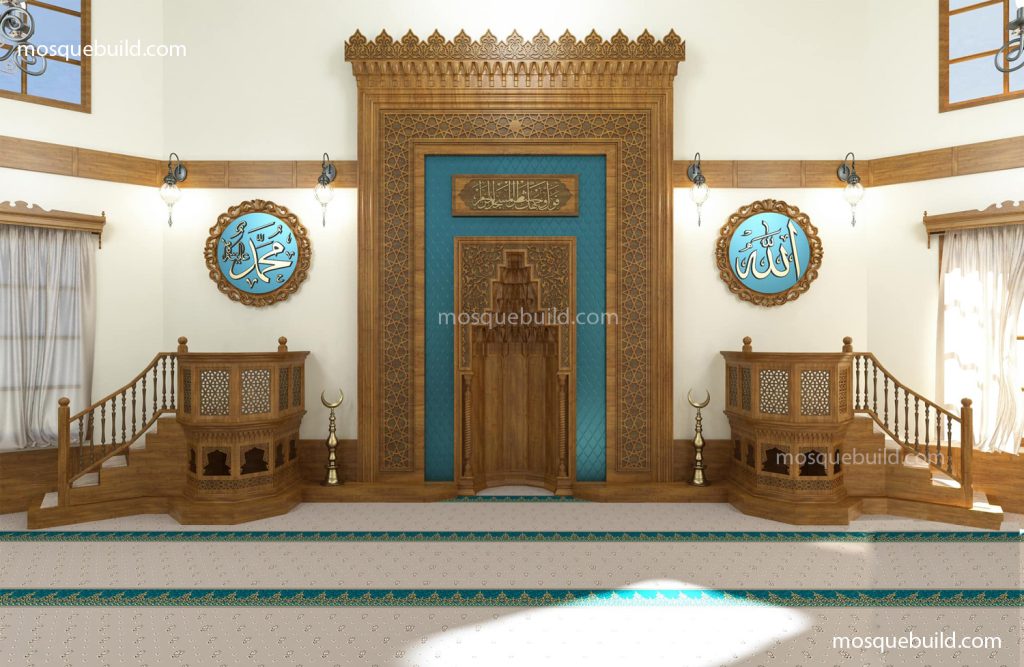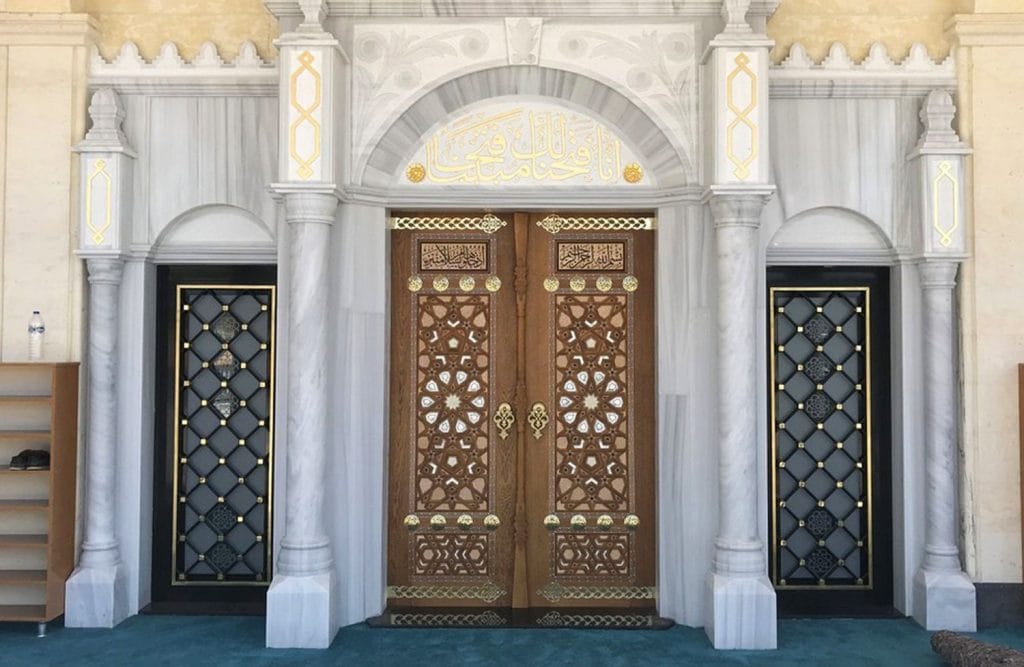Our effort is based on beautifying the earth. Every stone we put into the plain of the world should be in harmony with the general harmony and the perfect design of the nature. For those who observe this rigor, the space occupied by a building regardless of its type turns into the trust of the creator of the earth.
This is the essence of the trust that is ordered to be given to the people for us. So much so that; we are building ordinary places of worship, not ordinary buildings. As such, the type, shape, decoration of each stone that we will put on earth, the work of the creator, is much more important to us. Safety should be shaped and raised in competent hands.
Every worship built by Mosque Build is also trying to beautify the earth. Every stage of this effort is overcome with competent hands. All employees of the units that make up Mosque Build, such as Project Directorate, Architectural Design and Application, Tezyini Arts Workshop, Manufacturing, Architecture and Archive Archive; Competent hands in the awareness of trust with their training, field and project experiences.
Undoubtedly, our masjids have lost the complex order that was the equivalent of yesterday’s social equipment. Units such as darülkurra, madrasah, hospital, imaret, tabhane, primary school, darülhadis are no longer adjacent to the mosque. This situation affected both the design of the main temple and the decorative arts practiced in similar units. Another revolutionary change manifested itself with the level reached by building technology. The use of concrete, iron-steel, titanium and more in the construction of Islamic temples enabled the replacement of traditional forms with more practical, partially superficial solutions, especially in the covering system and load-bearing elements. Naturally, architects and artists practicing decorative arts were left with the obligation to produce new solutions suitable for new forms. Despite all these revolutionary innovations, the structure’s openness to spiritual pleasure with its design and decorations, and the immutability of its supply could not break the bond between the Islamic temple and art.









